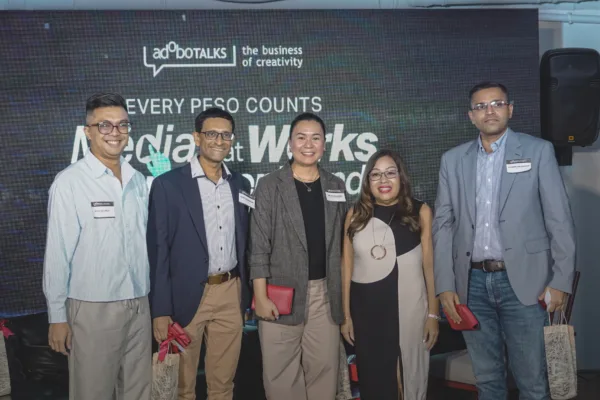Google’s recent blog post from Robby Stein, VP of Product, Google Search, titled “AI Mode in Search gets new agentic features and expands globally” signals a major evolution in AI Search, moving beyond simple information retrieval to a more “agentic” and personalized experience.
This shift, which is now expanding to over 180 countries, including the Philippines, has significant implications for various sectors, particularly the nation’s burgeoning financial technology (fintech) industry. This new capability could revolutionize how Filipinos interact with financial services, from day-to-day transactions to long-term investment planning.

AI is making Google Search radically more helpful, so you can ask any question on your mind and get things done.
The core of Google’s announcement lies in its new “agentic capabilities” within AI Mode.
Previously, a user might have to perform multiple searches to find a restaurant that meets specific criteria. Now, a single, complex query like “Find a dinner reservation for four on Friday that’s Italian, has outdoor seating, and is within a 30-minute drive” can be processed by the AI to search across various platforms and present a curated, actionable list.
This streamlined, action-oriented approach, powered by Project Mariner‘s live web browsing, has a direct parallel in Fintech. Read on for more on how to get things done with AI Mode in Search.
AI-powered search: A game-changer for Philippine fintech
In the Philippine context, this technology could be a game-changer for digital wallets and mobile banking apps. Imagine a user asking their bank’s app, “Transfer ₱5,000 from my savings to my checking account and then pay my Meralco bill for this month.”
Instead of navigating through multiple menus and inputting details, the AI could understand the entire request and execute the sequence of tasks seamlessly. Similarly, it could help users manage budgets by responding to a query like, “Summarize my spending for the last two weeks and suggest ways to save money.”
This level of intuitive, conversational interaction could significantly boost user adoption and engagement, especially among a population that is increasingly becoming digital-first.
The second key feature, personalized recommendations, is also a powerful tool for Philippine Fintech. Google’s AI can now use a user’s past search history and preferences to provide tailored suggestions.
In the financial sector, this translates to hyper-personalized service. A bank or a mobile wallet could leverage this technology to offer a user a personalized financial product. For instance, if a user frequently searches for “loan for a new car” or “housing loan interest rates,” a bank could proactively offer them a pre-approved car or housing loan with a personalized interest rate.
For a Fintech platform like GCash or PayMaya, this could mean suggesting specific savings products or investment opportunities that align with a user’s spending habits and financial goals.
Collaboration and customization: The future of Pinoy fintech
The new collaborative features, where users can share AI-generated responses with friends and family, also open up new avenues for financial products. Filipinos are known for their close-knit family ties and collaborative financial habits, such as group savings or shared expenses.
This feature could facilitate group financial planning, allowing a family to collectively research and discuss investment opportunities or plan for a major purchase like a family vacation. A shared AI search thread could become a collaborative workspace for financial decisions, making the process more transparent and inclusive.

The expansion of AI Mode to the Philippines means that local Fintech companies must prepare to integrate these advanced capabilities. Consumers will soon expect the same level of seamless, personalized service from their financial institutions that they get from their search engine.
Firms that can quickly adopt and embed this agentic AI into their platforms will gain a significant competitive advantage. This could manifest in smarter chatbots, more efficient customer service, and a complete overhaul of the user interface to be more conversational and less menu-driven.
The future of Fintech in the Philippines will not just be about providing a service; it will be about creating a truly intelligent, personalized, and effortless financial experience.






